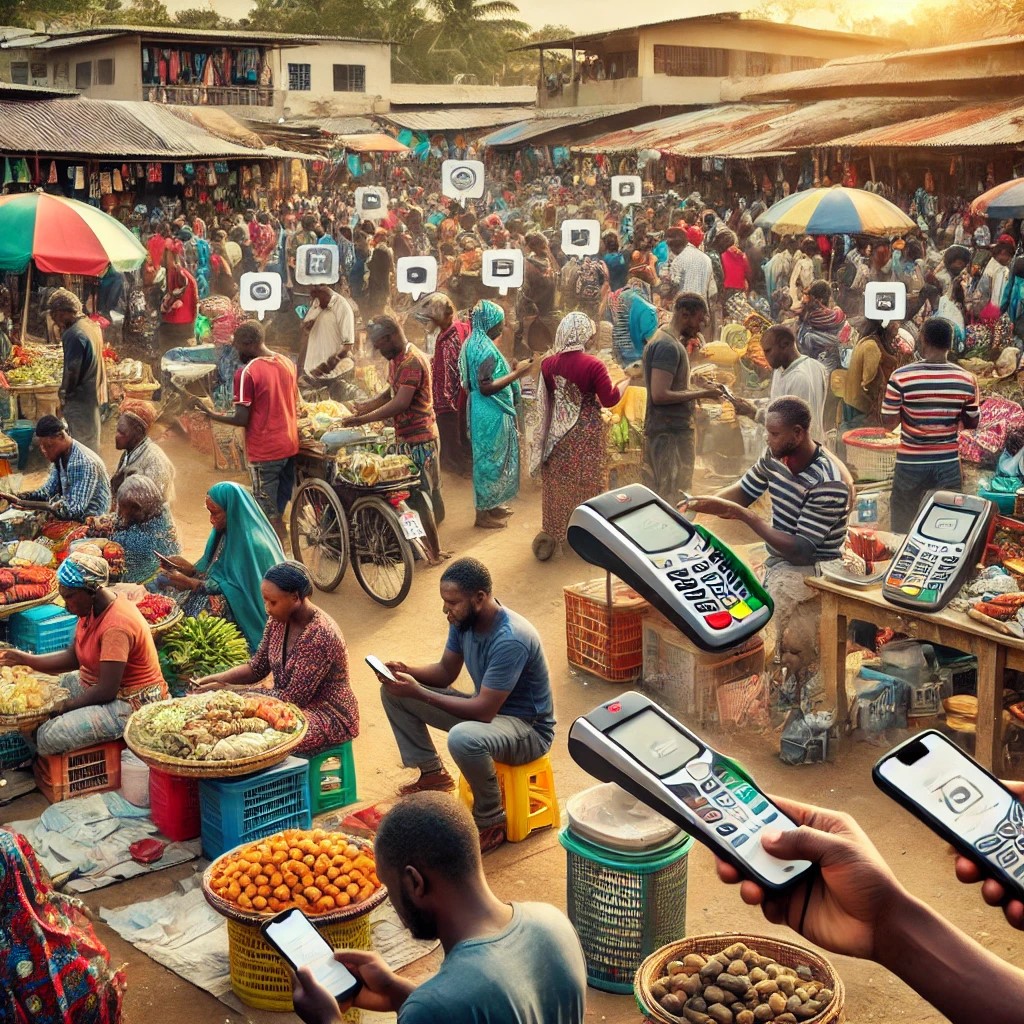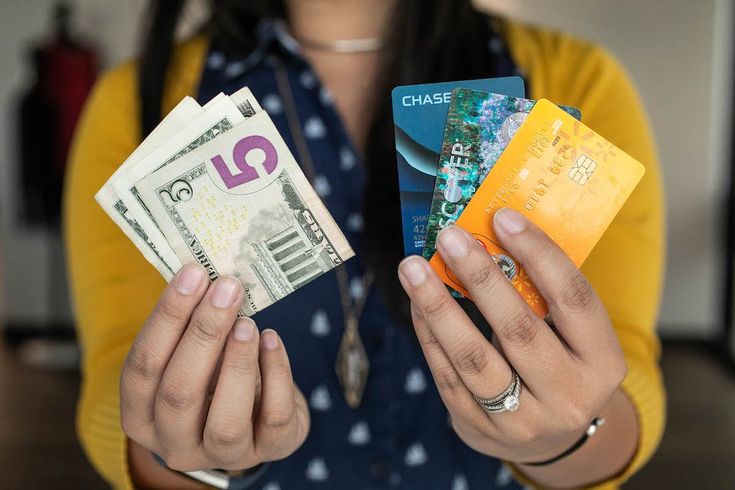The Future of Financial Inclusion in Developing Economies
Financial inclusion has emerged as a pivotal driver of economic development, particularly in developing economies. As technology advances, the landscape of financial services is undergoing a significant transformation, making it possible for underserved populations to access essential financial tools. This article explores the current trends and future predictions for financial inclusion in developing economies, emphasizing the role of digital innovations, policy interventions, and private sector engagement.

Current Trends
1. Mobile Banking and Digital Wallets
One of the most notable trends in financial inclusion is the widespread adoption of mobile banking and digital wallets. In regions where traditional banking infrastructure is lacking, mobile phones have become a vital tool for accessing financial services. Companies like M-Pesa in Kenya and Alipay in China have revolutionized the way people transact, save, and borrow money. These platforms offer a range of services, including payments, loans, and insurance, all accessible through a mobile device.
2. Fintech Innovations
The rise of fintech companies has been instrumental in bridging the gap between financial services and underserved communities. Fintech startups are leveraging technologies such as blockchain, artificial intelligence, and big data to create innovative solutions tailored to the needs of the unbanked and underbanked populations. For instance, blockchain technology is being used to provide secure and transparent transaction records, which is particularly beneficial in areas with weak legal frameworks.

Future Predictions
1. Expansion of Digital Financial Services
The future of financial inclusion is closely tied to the continued expansion of digital financial services. As internet penetration and smartphone usage increase, more people will have access to financial tools. The integration of digital identity systems, such as India’s Aadhaar, with financial services will further enhance accessibility and reduce fraud.
2. Rise of Microfinance and Peer-to-Peer Lending
Microfinance institutions (MFIs) and peer-to-peer (P2P) lending platforms are expected to play a larger role in financial inclusion. These models provide small loans to individuals and small businesses that are often excluded from traditional banking. By leveraging technology, MFIs and P2P platforms can reduce operational costs and extend their reach to more people.
3. Personalized Financial Products

Advancements in data analytics and artificial intelligence will enable the creation of personalized financial products. By analyzing individual financial behaviors and needs, financial institutions can offer tailored products that better serve the unique circumstances of each customer. This approach can enhance the effectiveness of financial inclusion efforts by providing relevant and accessible financial solutions.
Conclusion
The future of financial inclusion in developing economies is bright, driven by technological advancements, supportive policies, and innovative business models. The continued growth of mobile banking, fintech solutions, and digital financial services will pave the way for greater financial access and empowerment for underserved populations. However, achieving comprehensive financial inclusion will require sustained effort and collaboration among various stakeholders, including governments, financial institutions, and technology providers. By working together, they can create a more inclusive financial ecosystem that fosters economic growth and improves the quality of life for millions of people in developing economies.
(Writer:Weink)





